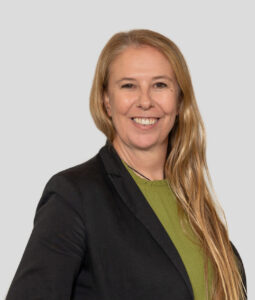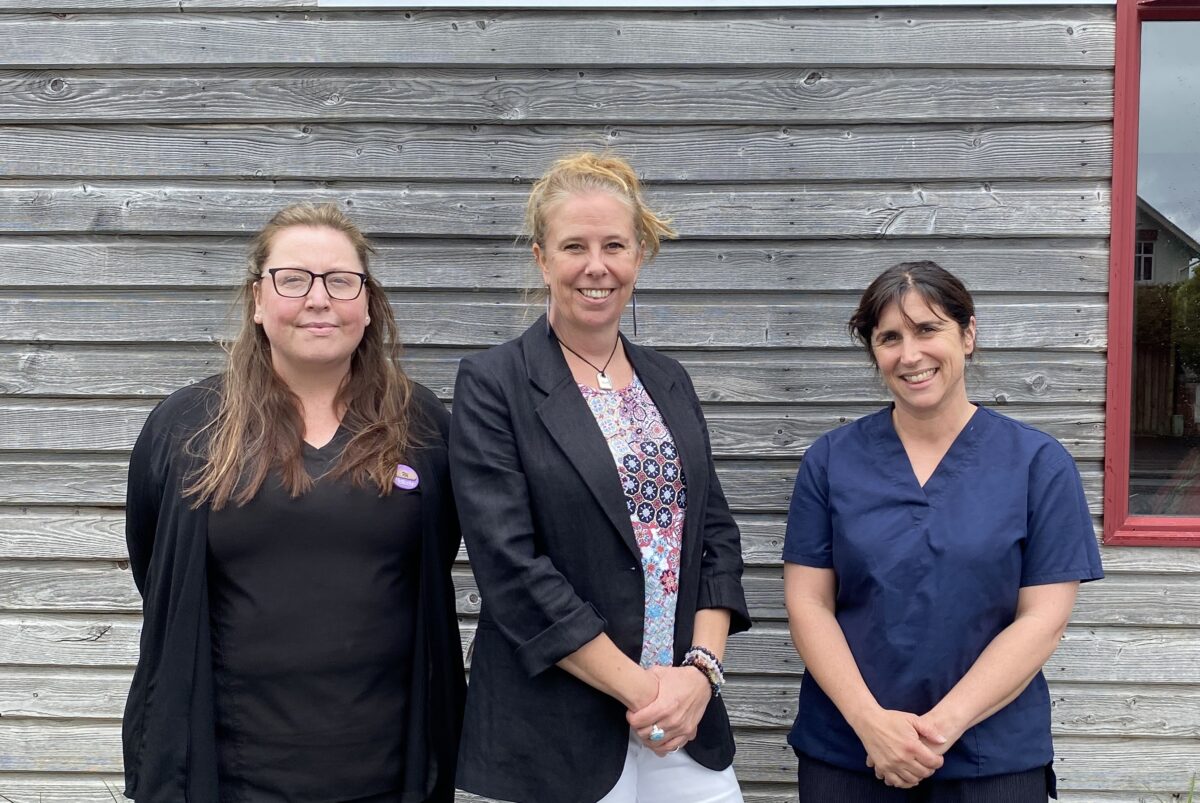Another 36 nurses are currently enrolled, and once they graduate the six-month online course will have brought a total of 88 new community nurse prescribers into the Te Waipounamu workforce, since it launched two years ago.
‘The increase in patient access and outcomes from this can be phenomenal.’
Nurse practitioner Burwood, who runs the programme — a collaboration between primary health organisation WellSouth and Te Whatu Ora — said having a locally-run course not only boosted nurse prescriber numbers but “helps connect our Te Waipounamu nursing sector”.
This was crucial amid ongoing pressure to recruit and retain clinical staff — particularly in the southern region where many practices were rural, she said.
“This is really meeting the demands of our population. A lot of the South Island is really rural. We’ve got rural nurse specialists out there who are tied by standing orders, which aren’t really broad, so the increase in patient access and outcomes from this can be phenomenal.”

Burwood said the course was “accessible to pretty much any nurse in the South Island” able to meet Nursing Council criteria and who would have the ability to utilise prescribing within their roles.
“Nurses are taking it into different places — we have a lot of practice nurses that come through, we’ve had some school nurses, district nurses and public health nurses.”
Burwood said more community nurse prescribers meant more choice for patients, reduced waiting times and stronger relationships between nurses and patients — as well as benefiting the nurses themselves.
‘It’s fantastic, as it’s increasing the motivation for nurses wanting to learn more, wanting to do more.’
“Continued professional development like this is keeping our primary care and community-based nurses working at the top of their scope, which is good for them, and is great for patients.”

Many had found a “whole new lease of life” with more job satisfaction and motivation, after graduating — with some going on to further study, Burwood said.
“It’s fantastic, as it’s increasing the motivation for nurses wanting to learn more, wanting to do more.”
Community nurse prescribers can prescribe from a limited number of about 80 common medicines for minor ailments and illnesses in normally healthy people.
From there, nurses could go on to become designated prescribers in primary health and specialty teams who are able to prescribe from 480 medications and are less guideline-based, Burwood said. That required a post-graduate diploma.
The next and highest level was a nurse practitioner who can practice with high autonomy and prescribe almost any medications.
‘Two ends of the scale’
Those taking up the community nurse prescribing course tended to be at either the start or end of their careers, Burwood said.
“We’re seeing people really early in their career doing it and then people right at the end of their career, who’ve got all of this knowledge but just don’t want to go through a post-grad programme but want that autonomy to be able to prescribe – so that tends to be the two ends of the scale.”
There were three cohorts per year which ranged from 10 to 25 students. Burwood said interest was strong and growing, with 25 students in the first 2024 intake, compared to 12 in its third cohort for 2023.
Te Waipounamu registered nurse prescribing in community health programme is a six-month, online, fee-free programme that provides re-certification as a designated nurse prescriber in community health through the Nursing Council.
It was developed and is delivered by WellSouth, the primary health organisation (PHO) for Otago and Southland, in collaboration with Te Whatu Ora – Nelson Marlborough. The programme now collaborates with most of the Te Waipounamu PHOs and Te Whatu Ora districts and welcomes nurses from all parts of the island.
Details for all registered nurse prescribing options can be found here.





